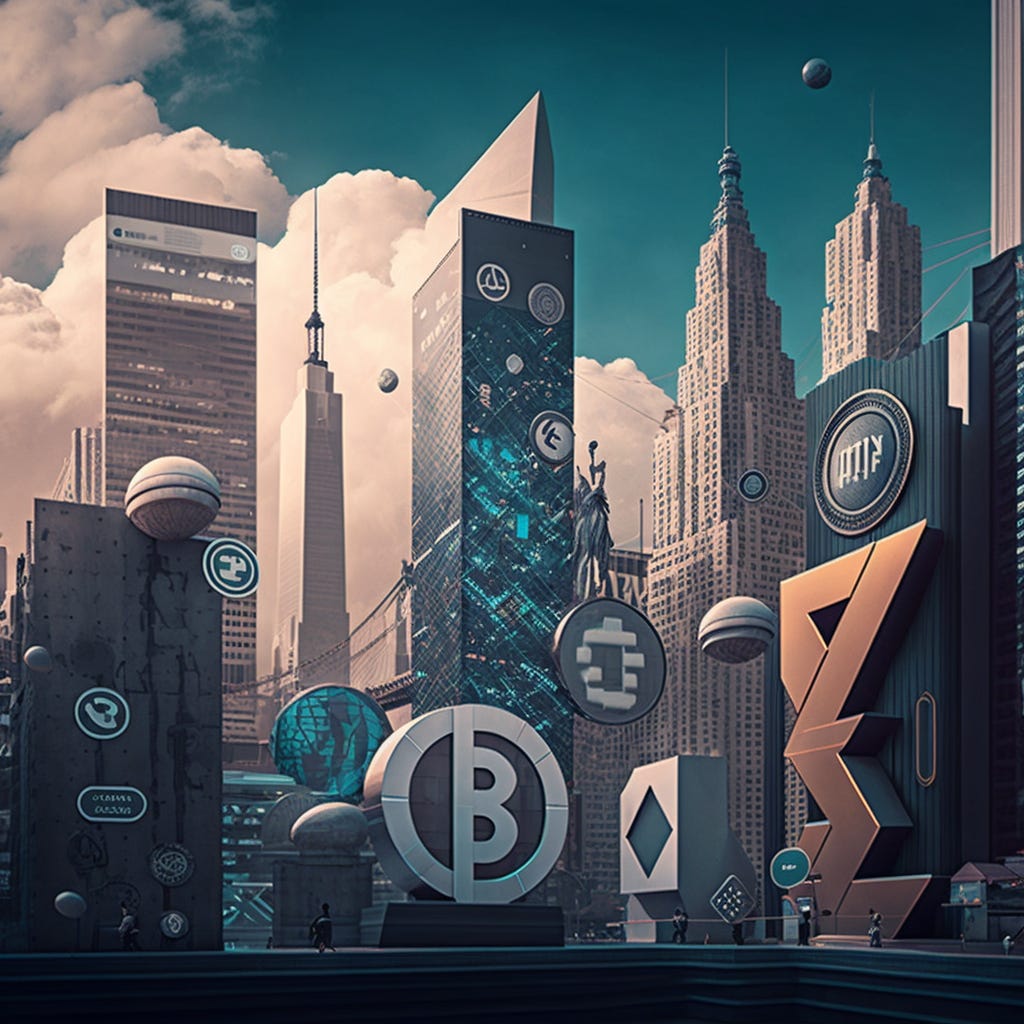The Future of Money: Exploring the Rise of Digital Payments and Cryptocurrencies
From Mobile Payments to Blockchain Technology: How Digital Payments Are Changing the Game
Are you tired of digging through your pockets or rummaging through your purse for loose change every time you need to pay for something? Well, fear not! The future of money is here, and it's digital.
Digital payments are rapidly gaining popularity, thanks in part to the rise of cryptocurrencies and blockchain technology. So, what exactly are digital payments, and how do they work? Let's take a closer look.
At its core, a digital payment is simply a way to transfer money electronically. This can take many forms, from mobile payments using your smartphone to peer-to-peer transactions using a service like Venmo or PayPal. With digital payments, there's no need to carry cash or even a physical credit card. All you need is your smartphone or computer and an internet connection.
One of the biggest advantages of digital payments is convenience. No more fumbling around for cash or waiting for a credit card to process. With just a few taps on your phone, you can pay for goods and services instantly. Plus, many digital payment services offer features like automatic budget tracking and the ability to split bills with friends, making managing your finances even easier.
But what about the security of digital payments? After all, we've all heard horror stories of hackers stealing people's credit card information. Fortunately, many digital payment services use advanced encryption technology to keep your information safe. Plus, with the rise of blockchain technology, there's even more potential for secure, decentralized payment systems.
Of course, no discussion of digital payments would be complete without mentioning cryptocurrencies. While still relatively new, cryptocurrencies like Bitcoin have captured the public's imagination with their potential to revolutionize the way we think about money. Some people even believe that cryptocurrencies could one day replace traditional currencies altogether.
So, what does the future of money hold? Only time will tell, but one thing's for sure: digital payments are here to stay. Whether you're paying for a cup of coffee or buying a new car, digital payments offer a convenient, secure, and increasingly popular way to pay. Who knows, maybe someday we'll all be using digital currencies to buy our morning latte. Just don't forget to charge your phone first!
But wait, there's more! Digital payments aren't just about convenience and security. They're also about staying ahead of the curve. In today's fast-paced, tech-driven world, it's more important than ever to keep up with the latest trends and innovations. And when it comes to the future of money, digital payments are at the forefront.
Think about it. Would you rather be fumbling around with cash and checks while everyone else is using their phones to pay? Or would you rather be part of the digital payment revolution? The choice is yours.
Of course, with any new technology, there are always going to be naysayers. Some people worry about the potential for fraud or the impact of digital payments on traditional banking institutions. But let's be real: change is inevitable. And when it comes to something as fundamental as the way we pay for things, it's only natural that things are going to evolve.
So, if you haven't already embraced digital payments, what are you waiting for? Whether you're a tech-savvy millennial or a cash-carrying baby boomer, there's no denying that digital payments are the way of the future. And who knows, maybe someday we'll all be paying for everything with our thoughts (okay, maybe not quite yet, but you never know).
Digital payments offer a convenient, secure, and increasingly popular way to pay for goods and services. With the rise of cryptocurrencies and blockchain technology, the future of money is looking more and more digital. So, whether you're buying a cup of coffee or a new car, consider going digital. Your pockets (and your bank account) will thank you.



